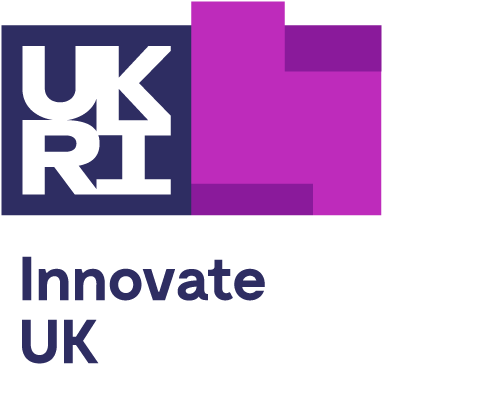This guidance is for knowledge bases (host research organisations) applying to a knowledge transfer partnership (KTP) competition. As part of your application, we will ask for all of your costs.
It is the responsibility of the knowledge base to ensure this information is supplied along with indications of additional business contributions, which should also be entered on the application. Incomplete or inaccurate submissions will be withdrawn from the competition.
We have detailed guidance on full economic costing (FEC) cost categories and non-FEC cost categories.
Ensuring accurate information
It is important that you enter accurate information into your application. Errors may lead to projects being rejected or withdrawn from the competition. Once an application is made, applicants cannot alter it.
After submission, if you realise you have made an error, you must contact Innovate UK Customer Support immediately. You may be contacted by Innovate UK to query the information you have provided.
Managing the budget
The KTP programme will establish a Local Management Committee for your partnership, which will control the costs according to the grant offer letter.
The knowledge base is responsible for managing the budget and submitting claims.
The business will pay the knowledge base directly for their share of the total project costs.


